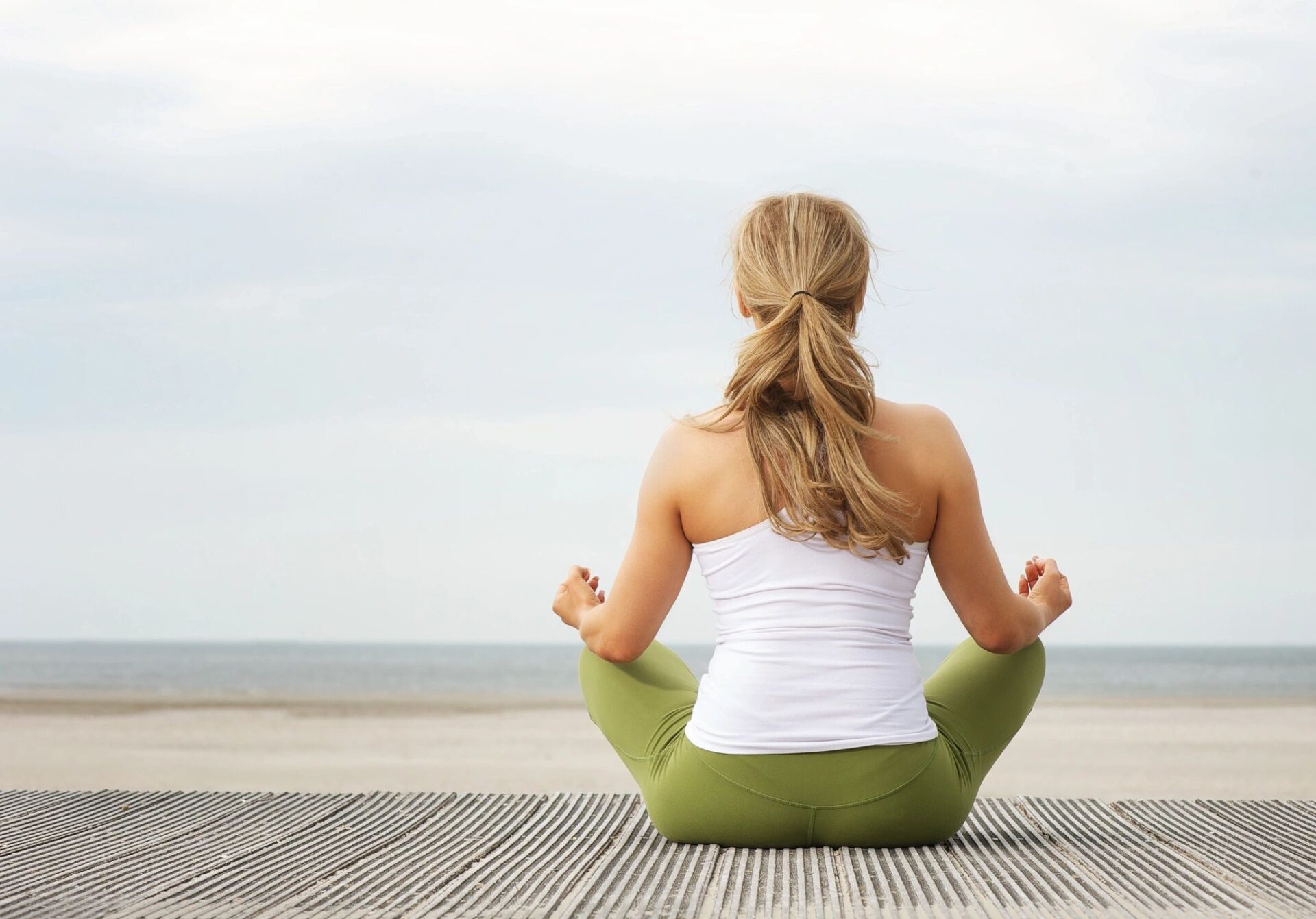Reflexology, an ancient massage technique, involves applying varying levels of pressure to specific areas of the feet, hands, and ears, with the aim of alleviating pain and stress while offering other health benefits. Rooted in the traditional Chinese concept of “qi,” or vital energy, reflexology holds that stress disrupts the body’s energy flow, leading to imbalance and illness. Practitioners, known as reflexologists, believe their pressure-point methods help restore this flow, fostering balance and overall health.
The practice maps different parts of the body to specific points on the feet, hands, and ears, allowing reflexologists to target problem areas indirectly. Drawing from Chinese medicine’s long-standing principles, they claim that their touch sends energy through the body to areas needing healing. While this may sound mystical, the theory has some scientific parallels. Research from the late 19th century identified connections between nerves in the skin and internal organs, suggesting that touch can influence the nervous system. Reflexology, much like traditional massage, is thought to relax the central nervous system, potentially reducing stress and improving overall well-being.
Beyond stress relief, proponents of reflexology argue that it offers a range of physical and emotional benefits. Some believe it works by calming the brain, which can influence how pain is experienced—whether stemming from physical injury or emotional distress. This calming effect, they suggest, can elevate mood and reduce discomfort. Another perspective, known as zone theory, divides the body into ten vertical zones, each corresponding to particular fingers and toes. Reflexologists claim that by stimulating these points, they can influence various parts of the body within that zone.
While the list of reported benefits from reflexology is extensive—ranging from boosting immunity to correcting hormonal imbalances—scientific backing remains limited. Preliminary studies suggest it may help reduce stress, anxiety, and pain while promoting general well-being. However, many claims, such as its ability to fight infections, enhance fertility, or ease arthritis pain, rely heavily on anecdotal evidence rather than rigorous research.
Despite the lack of comprehensive scientific validation, reflexology continues to attract enthusiasts who swear by its healing touch. Whether it’s the soothing sensation of the massage itself or the potential stimulation of specific energy pathways, many find value in this holistic approach. As with any alternative therapy, individuals should approach reflexology with an open mind but a critical eye, recognizing its potential as a complementary practice rather than a cure-all.


